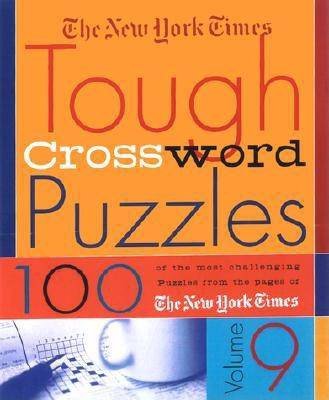
- Afhalen na 1 uur in een winkel met voorraad
- Gratis thuislevering in België vanaf € 30
- Ruim aanbod met 7 miljoen producten
- Afhalen na 1 uur in een winkel met voorraad
- Gratis thuislevering in België vanaf € 30
- Ruim aanbod met 7 miljoen producten
Zoeken
Promoting Risk
Constructing the Earthquake Threat
€ 26,95
+ 53 punten
Omschrijving
The risk of a future catastrophic earthquake has never achieved the level of public concern accorded to such issues as crime, health care, economic conditions, or even pornography. This lack of concern might be explained as a function of our inability to control the geophysical processes that produce earthquakes. Yet a sociological theory of risk questions such a direct connection between physical forces and social reality, because human beings, not nature, create beliefs about risks. This examination of one type of risk, the threat of future catastrophic earthquakes, concentrates for the first time on the individuals and actions that result in the creation of risk, that is, the risk promoters and the process of promoting risk. It uses social constructionist theory to study claims-makers, the claims-making process, and the outcome of claims-making activities.
Specificaties
Betrokkenen
- Uitgeverij:
Inhoud
- Aantal bladzijden:
- 248
- Taal:
- Engels
- Reeks:
Eigenschappen
- Productcode (EAN):
- 9780202305455
- Verschijningsdatum:
- 31/12/1995
- Uitvoering:
- Paperback
- Formaat:
- Trade paperback (VS)
- Afmetingen:
- 153 mm x 228 mm
- Gewicht:
- 367 g

Alleen bij Standaard Boekhandel
+ 53 punten op je klantenkaart van Standaard Boekhandel
Beoordelingen
We publiceren alleen reviews die voldoen aan de voorwaarden voor reviews. Bekijk onze voorwaarden voor reviews.










